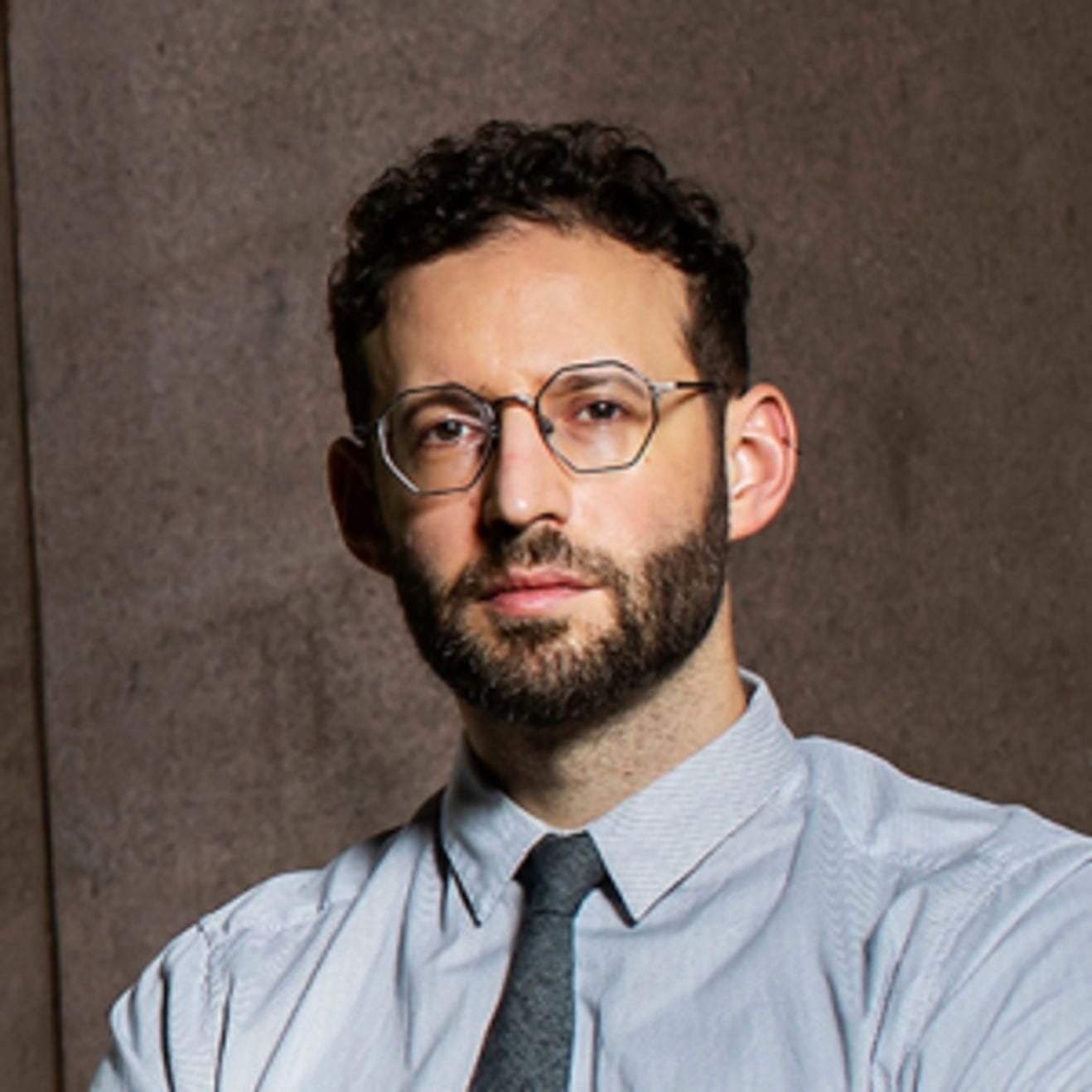A Pan-American Green New Deal? Green Investment, Extraction Battles, and Reforestation
MAY 11, 2021 | 12:00-1:30 pm EDT | REGISTER HERE
The politics of the climate emergency are inextricably entwined with public and private investment at a planetary scale. There can never be adequate climate policy in one country alone; and there can certainly never be climate justice in one country alone. So how can one link domestic and global climate politics in 2021? Could it be possible to forge a “Pan-American Green New Deal” that centers workers and communities, while deconstructing centuries of American imperialism in the region? Certainly, any move toward continental climate justice will require policymakers, social movement, researchers, and others in the United States to face a Big Question:
How should US-based Green New Dealers—and other advocates of ambitious climate justice action—understand, respond to, and engage with climate politics in other parts of the world?
This panel, “A Pan-American Green New Deal? Green Investment, Extraction Battles, Reforestation,” considers our Big Question in the broad context of climate politics in the Americas. The panel is also part of a broader series, called Democratizing Global Green Investment: Aligning Domestic and International Policies around Green New Deal Principles, which will also feature discussions focused on global climate justice struggles across regions and Chinese climate politics.
The overall context is changing rapidly. This year, we’ve entered a new age of climate geopolitics. The United States is once again committed to massive green investment and some measure of low-carbon ambition. President Biden has outlined four ambitious targets for the United States: carbon neutrality by 2050, a 50% cut in emissions by 2030, a carbon-neutral electric grid by 2035, and 40% of climate investments benefiting disadvantaged communities. As a result of all these measures, the world’s three great economic blocs—the United States, China, and the European Union—which together comprise nearly two thirds of the global economy, are now all committed to carbon neutrality—by 2050 for the US and EU, 2060 for China. And all are committed to prioritizing massive amounts of green investment.
What about Latin America? One idea is the “Big Push” for sustainability framework that is being studied by the UN’s Economic Commission for Latin America and the Caribbean (ECLAC, or CEPAL in Spanish and Portuguese); this investment-first approach to a green transition has been developed by panelist Camila Gramkow. We know that Brazil, green industrial policy has had some important successes, especially in the wind industry, as our panelist Kathryn Hochstetler has shown. But the question of green transition must also consider the question of extraction, a massively contested process—and discourse—across the continent, on which our panelist Thea Riofrancos has written. And of course, it is impossible for Latin America to slash its greenhouse gas emissions without reversing deforestation in a socially equitable way with Indigenous leadership, especially in the Amazon, which is the life’s work of Beto Veríssimo, co-founder of the great Amazonian organization Imazon.
The series is co-sponsored by the Socio-Spatial Climate Collaborative, or (SC)2, Perry World House, the McHarg Center for Urbanism and Ecology, and the Population Studies Center, all at the University of Pennsylvania. Our media partner is Dissent magazine. And the series is co-organized by Daniel Aldana Cohen, Billy Fleming, Thea Riofrancos, and Kate Aronoff.
Speakers:
Moderator:
Host:
A Pan-American Green New Deal? Green Investment, Extraction Battles, and Reforestation
MAY 11, 2021 | 12:00 pm EDT | REGISTER HERE

The politics of the climate emergency are inextricably entwined with public and private investment at a planetary scale. There can never be adequate climate policy in one country alone; and there can certainly never be climate justice in one country alone. So how can one link domestic and global climate politics in 2021? Could it be possible to forge a “Pan-American Green New Deal” that centers workers and communities, while deconstructing centuries of American imperialism in the region? Certainly, any move toward continental climate justice will require policymakers, social movement, researchers, and others in the United States to face a Big Question:
How should US-based Green New Dealers—and other advocates of ambitious climate justice action—understand, respond to, and engage with climate politics in other parts of the world?
This panel, “A Pan-American Green New Deal? Green Investment, Extraction Battles, Reforestation,” considers our Big Question in the broad context of climate politics in the Americas. The panel is also part of a broader series, called Democratizing Global Green Investment: Aligning Domestic and International Policies around Green New Deal Principles, which will also feature discussions focused on global climate justice struggles across regions and Chinese climate politics.
The overall context is changing rapidly. This year, we’ve entered a new age of climate geopolitics. The United States is once again committed to massive green investment and some measure of low-carbon ambition. President Biden has outlined four ambitious targets for the United States: carbon neutrality by 2050, a 50% cut in emissions by 2030, a carbon-neutral electric grid by 2035, and 40% of climate investments benefiting disadvantaged communities. As a result of all these measures, the world’s three great economic blocs—the United States, China, and the European Union—which together comprise nearly two thirds of the global economy, are now all committed to carbon neutrality—by 2050 for the US and EU, 2060 for China. And all are committed to prioritizing massive amounts of green investment.
What about Latin America? One idea is the “Big Push” for sustainability framework that is being studied by the UN’s Economic Commission for Latin America and the Caribbean (ECLAC, or CEPAL in Spanish and Portuguese); this investment-first approach to a green transition has been developed by panelist Camila Gramkow. We know that Brazil, green industrial policy has had some important successes, especially in the wind industry, as our panelist Kathryn Hochstetler has shown. But the question of green transition must also consider the question of extraction, a massively contested process—and discourse—across the continent, on which our panelist Thea Riofrancos has written. And of course, it is impossible for Latin America to slash its greenhouse gas emissions without reversing deforestation in a socially equitable way with Indigenous leadership, especially in the Amazon, which is the life’s work of Beto Veríssimo, co-founder of the great Amazonian organization Imazon.
Speakers:
Moderator:
Host:






